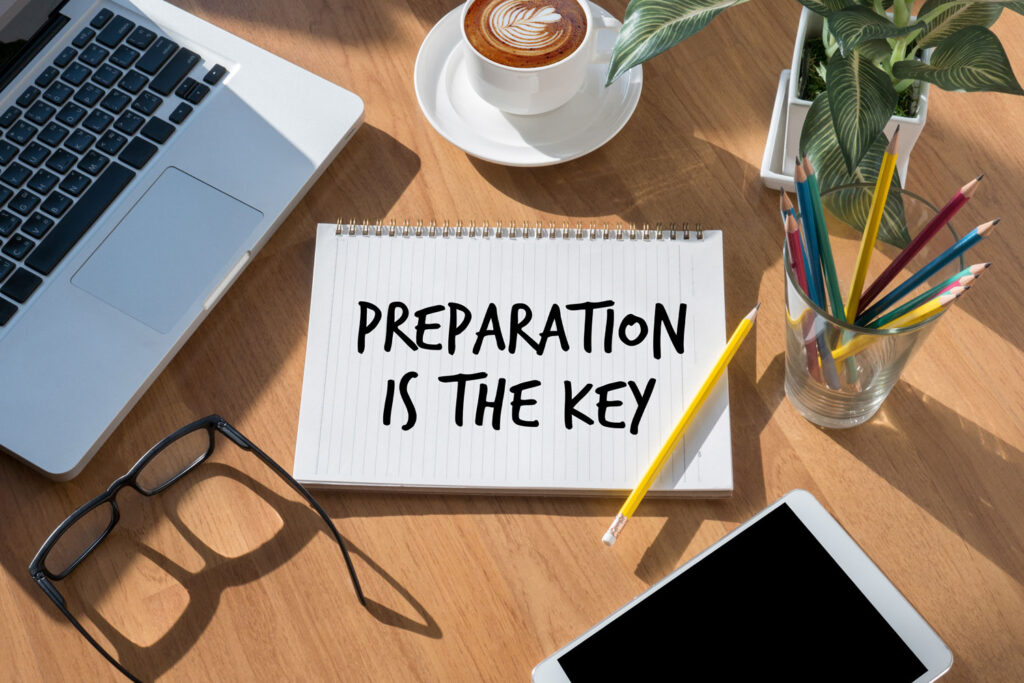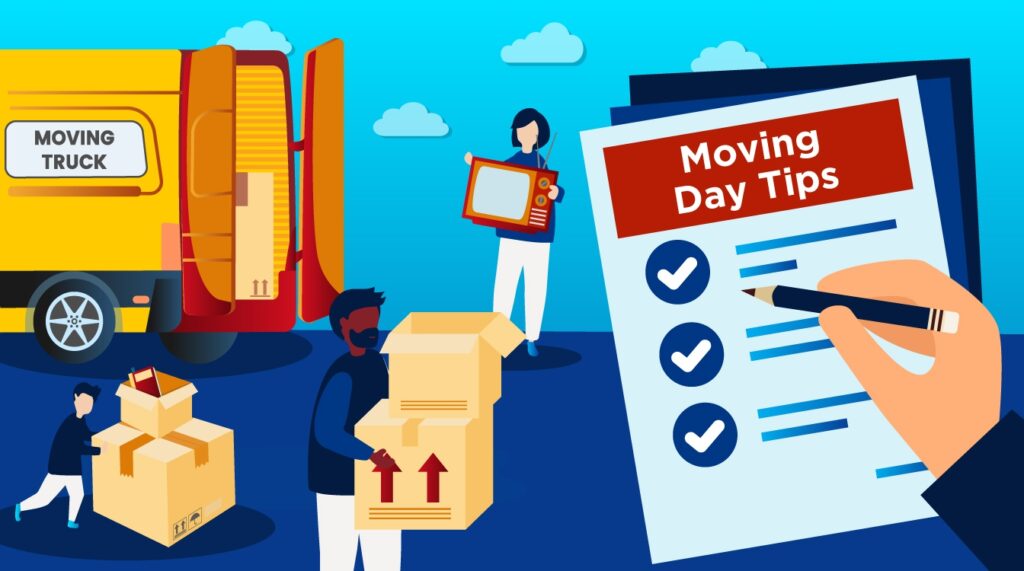Moving to a big city is an experience filled with excitement, anticipation, and often a dash—or more—of stress. The sheer logistics of packing up one life and starting anew in a bustling urban environment can feel overwhelming. However, by implementing strategic planning and actionable steps, your transition can be smooth and even enjoyable. This article offers an array of expert-approved tips to help you fast-track your move and make it as stress-free as possible.
Preparation is Key

The adage, “Failing to prepare is preparing to fail,” holds water when it comes to relocating. The first step in any move should be a well-thought-out plan that anticipates potential pitfalls and creates an actionable timeline. Looking to relocate? Why not check out queens movers!
Make a List
Begin by generating a comprehensive list of tasks to tackle. This should range from hiring movers, to final utility payments at your old place, to school enrollments if you have kids. A detailed list will serve as your go-to guide, ensuring nothing falls through the cracks.
Research the City
It’s essential to have an understanding of your new city’s layout, public transport options, and key amenities. Google Maps is your friend here. Familiarize yourself with the various neighborhoods, local grocery stores, healthcare facilities, and so forth.
Budgeting
Moving isn’t cheap. Establish a budget that encompasses all anticipated expenses including but not limited to moving trucks, fuel, packing supplies, deposits, and emergency funds for unforeseen expenses.
Declutter and Organize

The less you have to move, the easier—and cheaper—the move becomes. Make use of the weeks leading up to your move as a time to declutter your life.
Keep, Donate, Sell
Go through your belongings and categorize them into what you want to keep, what can be donated, and items that could fetch a good price if sold online or through a garage sale.
Efficient Packing
Once you know what’s coming with you, organize these items into categories. Pack items from the same room together and clearly label each box. If you want to go an extra mile, create a numbering system that corresponds with an inventory list.
Choose the Right Movers

The moving company you choose can make or break your moving experience.
Do Your Homework
Don’t rush into hiring the first moving company you stumble upon. Read reviews, ask for recommendations from friends and family, and get quotes from multiple companies.
Ask the Right Questions
When talking to potential movers, inquire about their insurance policy, the equipment they use, if they’ve had experience with big city moves, and any hidden fees that might surprise you later.
Mind the Details

Sometimes, it’s the little things that add up to make a big difference.
Utility Setup
Prioritize setting up your utilities including gas, water, electricity, and internet. The last thing you want is to arrive in your new place without any electricity or running water.
Change of Address
Don’t forget to update your address with all relevant parties. This includes but is not limited to banks, healthcare providers, and subscription services. The U.S. Postal Service also offers a mail-forwarding service that will forward all your mail to your new address.
Emergency Services
Know the locations and contact numbers of the nearest hospital, police station, and other emergency services.
Day-of Moving Tips

The day has arrived. A well-executed moving day starts with an early rise and a hearty breakfast. You’ll need all the energy you can muster.
Final Walkthrough
Before the moving truck pulls away, do a final walkthrough of your old home to ensure nothing has been left behind. Check closets, cupboards, and hidden corners.
On-the-Road Essentials
Keep a separate box or bag containing day-of essentials. This could include snacks, a first-aid kit, important documents, and any other items you’ll need immediate access to.
Navigation and Parking
Cities can be mazes of one-way streets and no-parking zones. Make sure you and your movers know exactly how to get to your new place. If parking is an issue, secure a parking permit ahead of time.
Unpacking and Settling In

Congratulations, you’ve made it! But the work isn’t over just yet.
Unpack Strategically
Unpack essential items first: toiletries, basic kitchenware, and enough clothes to last you for a few days. Take your time with the rest.
Get to Know Your Neighborhood
Take walks to familiarize yourself with the neighborhood. Introduce yourself to neighbors and explore local businesses. The sooner you get a feel for your new environment, the sooner it will start to feel like home.
FAQs

Should I consider hiring a professional organizer to help with decluttering and packing?
Hiring a professional organizer can be a great option if you’re overwhelmed by the prospect of sorting through your belongings and efficiently packing them. An organizer can bring objectivity and expertise to the process, helping you make quicker decisions about what to keep, donate, or sell. However, this is an additional expense, so you’ll need to weigh the benefits against the costs.
What precautions should I take if I’m moving with pets?
When moving with pets, consult your veterinarian for advice on how to make the transition as smooth as possible for your furry friends. Make sure you update their ID tags and microchip information with your new address. Additionally, prepare a pet essentials kit that includes food, water, and familiar toys to keep them comfortable during the move. Research pet-friendly accommodations if your move involves overnight travel, and investigate local vets and emergency pet services in your new city.
How do I handle perishable food during the move?
Ideally, you should try to consume or give away perishable items before moving. If you absolutely must take some perishable items with you, pack them in a cooler with ice packs and aim to move them into your new fridge as soon as possible. Be cautious about the distance and time; perishables should not be exposed to room temperature for extended periods.
Is it advisable to move during weekdays or weekends? What are the pros and cons?
Weekday moves might offer more availability with moving companies and potentially lower rates. Traffic may be less chaotic during daytime hours when people are at work. However, if you need to take time off from your job to facilitate the move, this could be a downside. Weekend moves may come with higher moving company rates due to higher demand but could be more convenient for your personal schedule.
Should I take out additional moving insurance?
Many moving companies offer basic coverage, but this may not be sufficient for high-value or sentimental items. Evaluate the worth of your belongings and consider taking out additional moving insurance for peace of mind. This is especially advisable for long-distance moves where the likelihood of loss or damage can increase.
Can you recommend a method for transporting valuable or fragile items like artwork or antiques?
For valuable or fragile items, consider hiring a specialty moving service experienced in handling delicate goods. If you prefer to handle these items yourself, invest in high-quality packing materials like bubble wrap, packing paper, and sturdy boxes. It may also be worthwhile to custom-crate fragile items. Always clearly label these boxes as “Fragile” and “This Side Up” to ensure they are handled carefully.
Reflection and Adjustment

Take some time to reflect on your move. What went well? What could you have done differently? This is also the time to make any final adjustments to your living space.
Moving to a big city is a significant event, often fraught with both anticipation and stress. However, with ample preparation and a detailed strategy, you can make your move swift and stress-free. Implement these tips into your moving plan and you’ll find yourself settling comfortably into your new urban life in no time.
